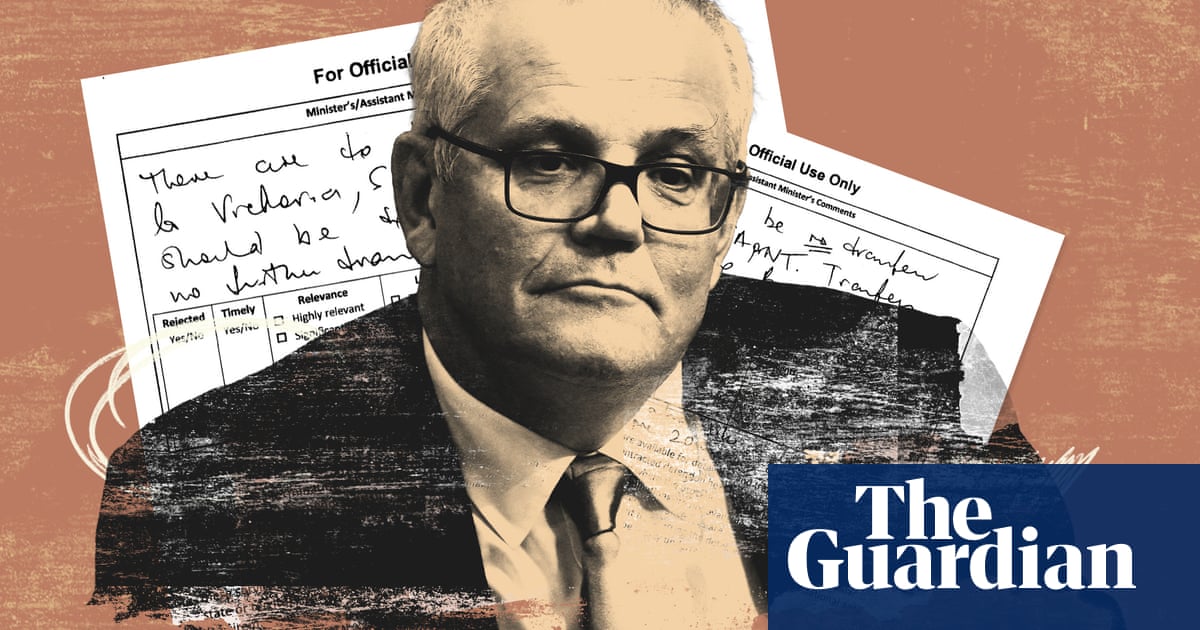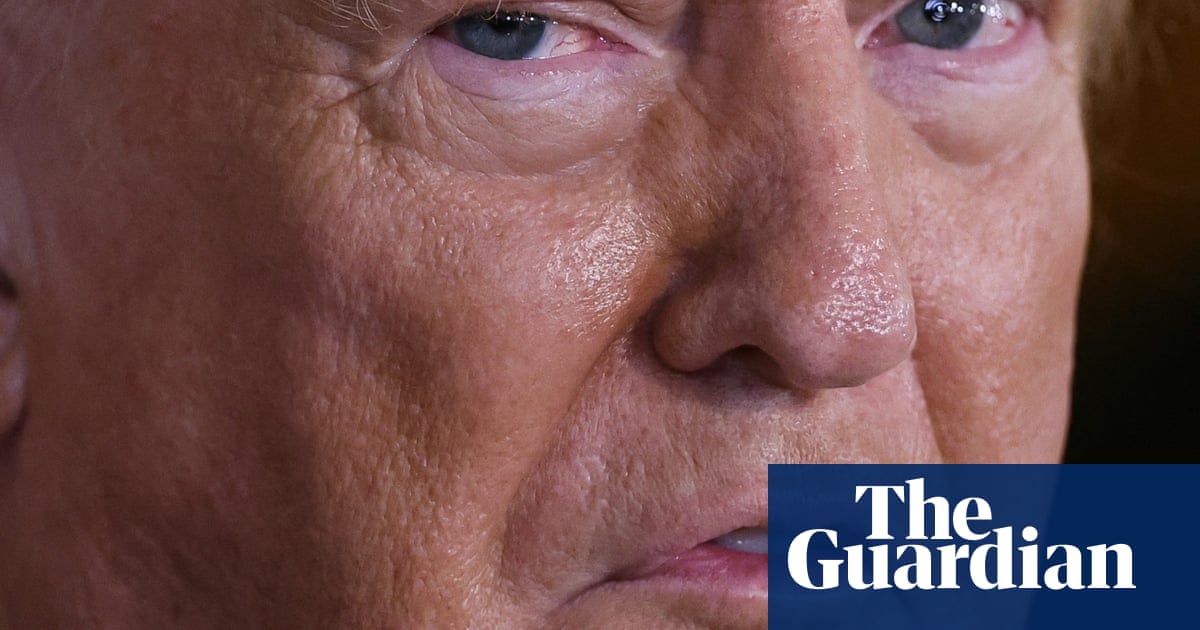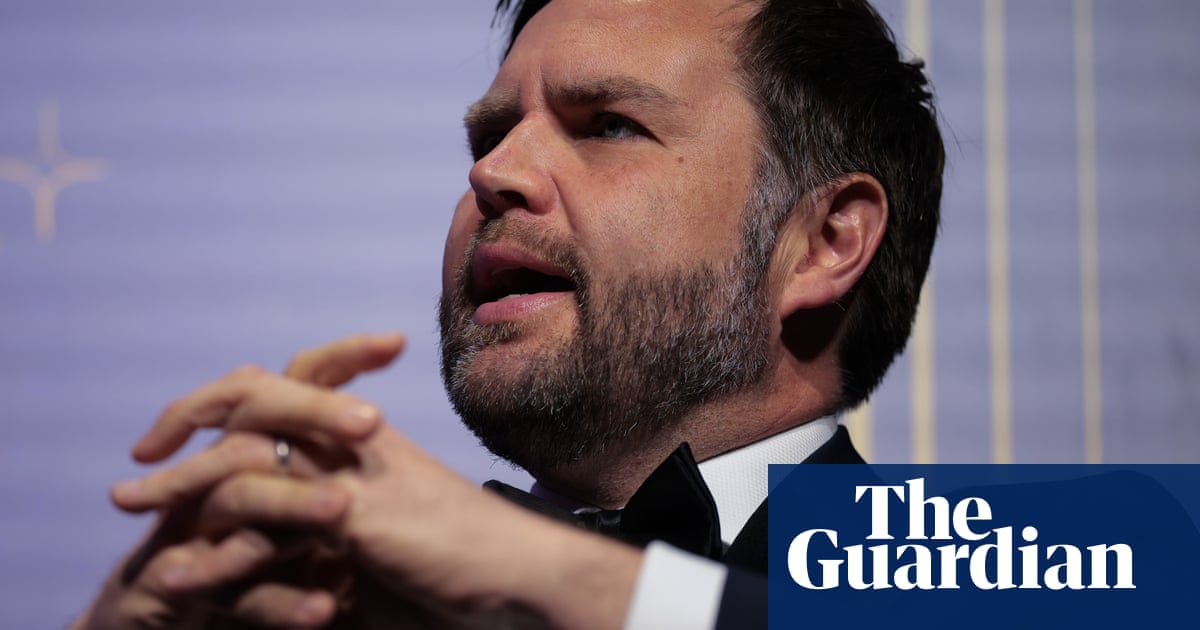Austria’s Freedom party has ended coalition talks with the conservatives on forming the country’s first far-right-led government after disagreements over key posts and issues like migration.
The FPÖ – which topped national polls for the first time ever in September - has been negotiating with the long-ruling conservative People’s party (ÖVP) since early January.
But cracks appeared last week, with far-right leader Herbert Kickl insisting his party wanted to hold the interior and finance ministries – demands the ÖVP has rejected.
“Although we made concessions to the ÖVP on many points … we regret that the negotiations were ultimately unsuccessful,” Kickl said in a statement on Wednesday.
In turn the ÖVP said the talks “failed due to Herbert Kickl’s thirst for power and uncompromising attitude”.
Had they been successful, the far right would have led the Alpine EU nation’s government for the first time, though it has previously been in power as a junior coalition partner.
Now that talks have failed, snap elections are likely, according to analysts, with the FPÖ polling well ahead of its rivals.
Conservative-led efforts to rule without the FPÖ after the September vote failed in early January and efforts to form a government reached a record length of time last week.
The previous record, set in the 1960s, was 129 days.
In a statement earlier on Wednesday, the ÖVP said it wanted to have the interior brief, with asylum and migration issues moved into a separate new ministry.
The FPÖ, in turn, rejected that proposal as “fraught with numerous constitutional problems” and “doomed to failure”.
Protocols from the negotiations, leaked over the weekend, also showed numerous outstanding issues, including on EU policy and the treatment of asylum seekers.
The ÖVP wanted the FPÖ – which has slammed EU sanctions on Russia over its invasion of Ukraine – to clarify its position on Moscow, insisting a future government must see Russia “as a threat”, according to a confidential document revealed by the media.
Kickl is known for his harsh attacks on his opponents, including calling the Austrian president, Alexander Van der Bellen, a “senile mummy”.
The FPÖ leader has also caused controversy by calling himself the future “Volkskanzler” – the people’s chancellor – as Hitler was termed in the 1930s. He has denied this is a Nazi reference.
The FPÖ now stands at more than 35% in voter opinion polls – up from the almost 29% they gained in September.
The ÖVP, which came second in September with 26%, has slumped to about 18% and is now trailing in third place behind the Social Democrats in opinion polls.

 3 months ago
61
3 months ago
61

















































